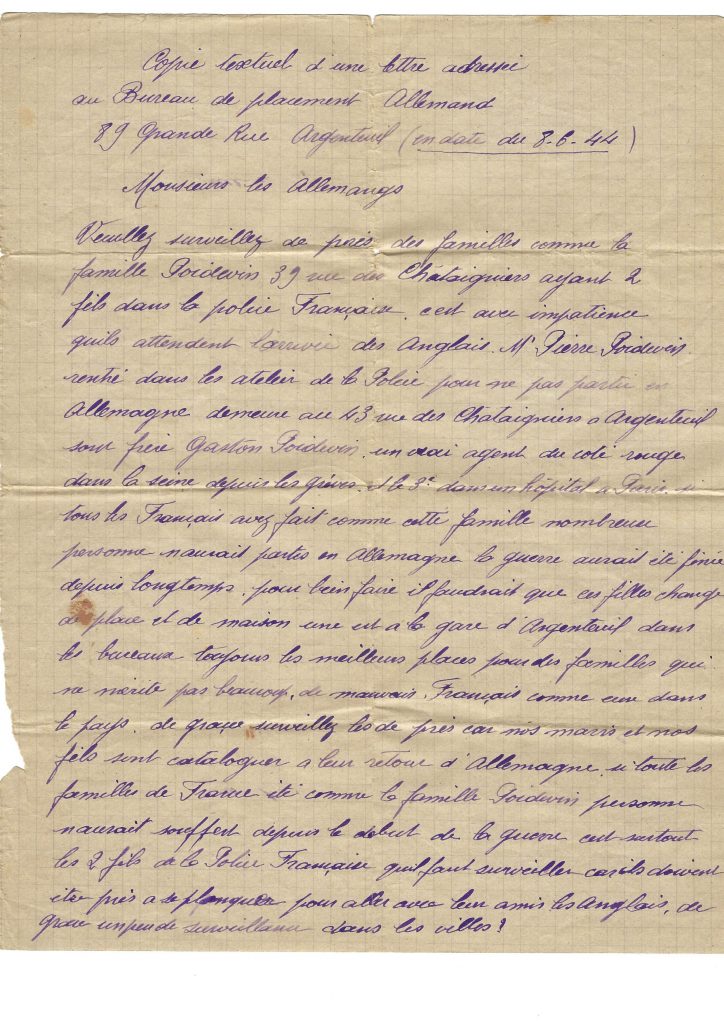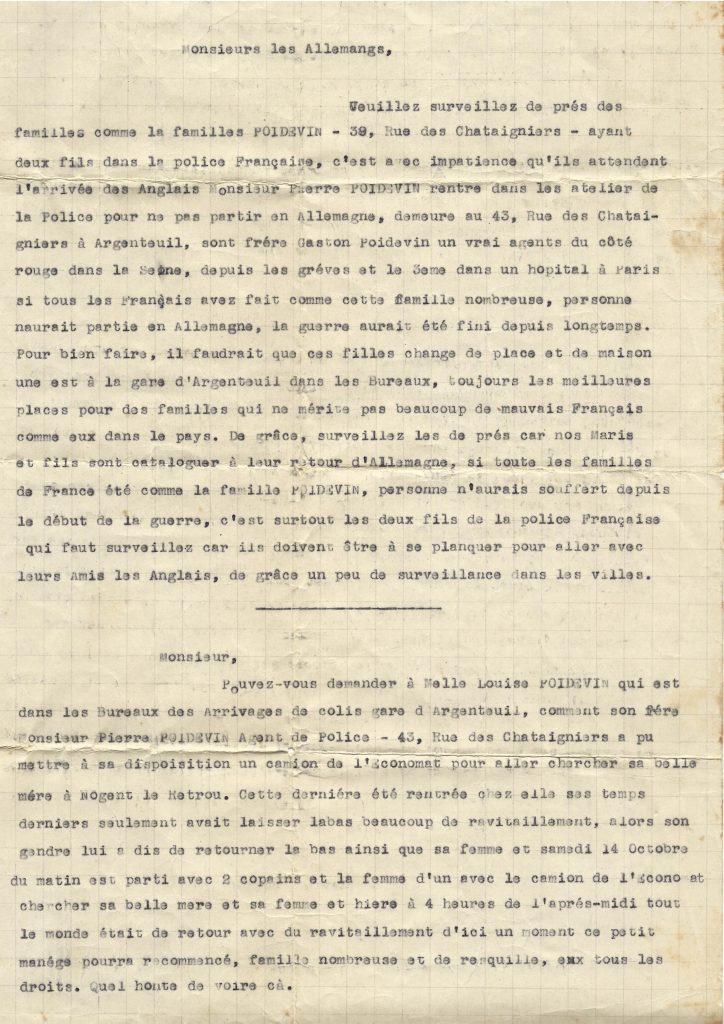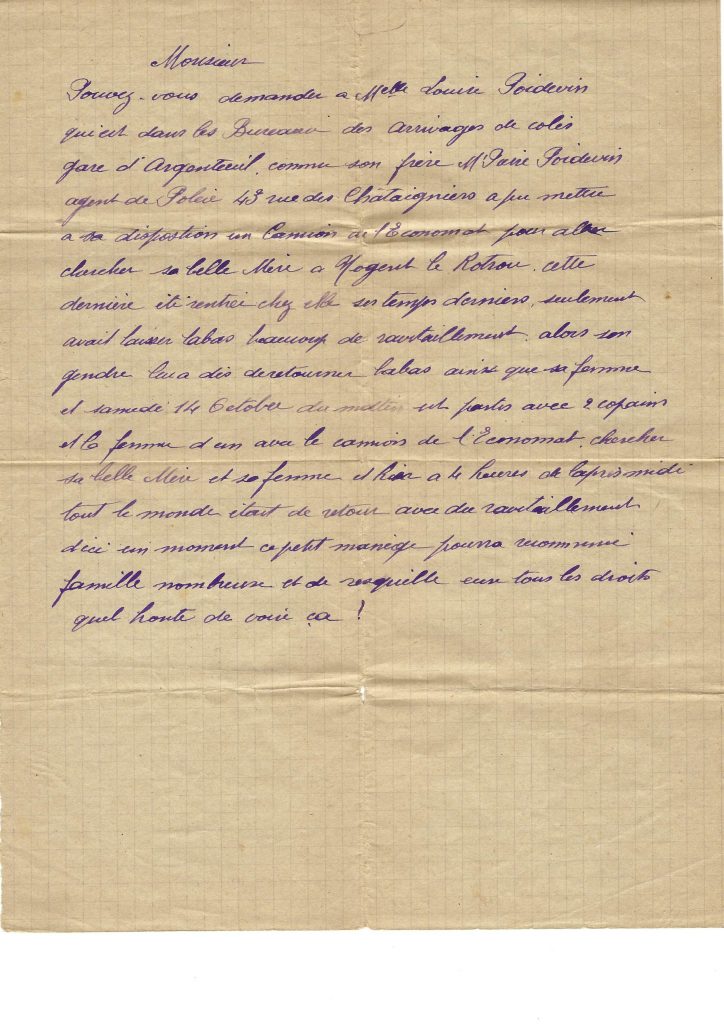I have debated about writing this blog post. But as many articles have been published of late on self-care in academia (see Raul Pacheco-Vega’s article or Eva Lantsoght’s piece ), I thought it was time for me to share my story. Why now? Because last night, as I was pulling my hair into a ponytail, I realized one of my holes was back.
But first, let’s go back to December 2014, as I am getting ready for my defense and chatting with my hairdresser. See, I wanted to look pretty for my defense, or at least have pretty hair because frankly, I looked like a hot mess. I was having trouble sleeping, I had big stomach aches, and I was highly irritable. I am a naturally stressed person but combining finishing the dissertation while being on the job market, that was more than I could handle. Going to the hairdresser was usually a very relaxing moment. What’s better than being pampered? But that day, my hairdresser looked at my hair and had a concerned look on her face. She asked me if I had seen any changes with my hair. I had not. She then told me, as delicately as possible, that I had two holes in my scalp, two big areas that were completely naked, smooth, no hair at all. Luckily, she said immediately, they are hidden by my hair so you can’t see them. Yes, I guess I am lucky!
I tried not to think about these holes during my defense but as soon as this was over, I went to the doctor. The verdict was clear: I was suffering from alopecia areata. Alopecia areata is a type of hair loss that happens when your immune system attacks hair follicles by mistake, clumps of hair fall out and you usually end up with smooth, round hairless patches on the scalp or other areas of the body. This can be caused by stress and there is no treatment. All you can do is wait until the hair grows back. It usually does, but it may take months.
That diagnosis was like a shock to me. Yes, I could not see the holes, but I could feel them. I knew they were there. I could not attach my hair because people would notice them. I could not stand to touch my scalp while washing my hair because I hated feeling the smooth, hairless spots. But most importantly, I realized that these past few months, these past few years, I had not taken care of myself. I had let stress take over my life. It was a wake up call. I needed to change. I had to, if I did not want to lose more hair.
Now, I wish it were that simple. Change does not happen overnight, and it was hard for me to take care of myself while actively looking for a job. But I started working out more, which helped a little bit with my sleeping issues, and I started sharing more of my fears with my family and my husband. Talking helped as well. Nevertheless, more holes appeared. It took me a while, but I learned to live with them.
As the first two holes started to disappear, two new appeared but about a year and a half in, all seemed ok again. My hair was growing back, I had found a a great job with amazing supportive colleagues, I was happy. Until yesterday.
I called my husband and asked him to look at my scalp. I knew there was a new hole but I could not see it. I needed him to look and take a picture. I had to see. And there it was, a big hairless, smooth circle, at the exact same place it was back in December 2014. My husband also found another one but told me hair was starting to grow back there. But it did not matter. I started crying. I thought I was doing good. Yes, I have been very stressed these past weeks but I go to yoga once a week and I got a massage last weekend, isn’t that enough? Well, my body is sending me a clear message: no that’s not enough.
So here I am, back to square one. I was not taking good care of my body and my mind and I was trying to ignore it. But once again, my body is here to remind me that self-care is important. While publishing articles, working on a book, submitting grant applications are important in academia (and for my job), I am more important than that.
That’s why this post is more a way for me to hold myself accountable. I know that I will live with alopecia all my life, until maybe someone finds a cure. I also know that I can’t let stress rule my life. I can’t let anxiety rule my nights. I can’t keep on having to ask my husband, tears in my eyes, to check how many hairless patches I have on my scalp. It’s time for a change, it’s time for self-care, it’s time to put myself first. I am not exactly sure how to do that, but I’ll figure it out. I have the support of my husband, my family, my friends, and that’s what matters. Until then, I guess I won’t put my hair into a ponytail.



